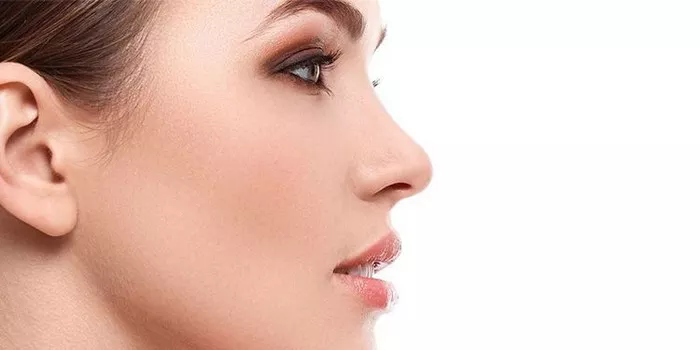Rhinoplasty, commonly referred to as a nose job, is a surgical procedure that can enhance the appearance or improve the function of the nose. One question that often arises when considering rhinoplasty is the best age to undergo the procedure. While there is no definitive answer that applies to everyone, there are several factors to consider when determining the optimal age for a nose job. In this article, we will explore these factors and provide insights to help you make an informed decision.
Understanding Rhinoplasty and Age Considerations
Rhinoplasty is a complex surgical procedure that involves reshaping or reconstructing the nose. The goal may be to address cosmetic concerns, such as altering the size or shape of the nose, or to correct functional issues, such as a deviated septum that can affect breathing.
The best age for a nose job depends on various factors, including:
Physical Maturity: The nose continues to grow and develop until the late teens or early twenties. It is generally recommended to wait until the nose has reached its full physical maturity before considering rhinoplasty. This ensures that the surgeon can work with a stable structure and achieve long-lasting results.
Emotional and Psychological Maturity: Undergoing any surgical procedure requires emotional and psychological maturity. It is important to have realistic expectations and a clear understanding of the potential benefits and limitations of rhinoplasty. The decision to pursue a nose job should be made willingly and independently, free from external pressures.
Health Status: Before undergoing any surgery, including rhinoplasty, it is crucial to be in good overall health. A comprehensive evaluation by a qualified healthcare professional will help determine if you are physically fit for the procedure. Certain medical conditions or medications may impact the suitability of the surgery, so a thorough assessment is necessary.
Factors to Consider for Different Age Groups
While the best age for a nose job varies for each individual, certain considerations can be made based on different age groups:
Teenagers (Ages 13-19):
Teenagers often express interest in rhinoplasty to address cosmetic concerns or improve self-confidence. However, it is generally recommended to wait until the nose has fully matured before considering surgery. The emotional and psychological maturity of the teenager is also crucial in making an informed decision. In some cases, a surgeon may consider performing rhinoplasty on a teenager if it is medically necessary to correct a functional issue, such as a breathing problem.
Young Adults (Ages 20-30):
Young adulthood is a common age range for individuals to pursue rhinoplasty. By this time, the nose has usually reached its full physical maturity, and individuals tend to have a better understanding of their aesthetic goals and motivations. Young adults often have the emotional and psychological maturity necessary to make informed decisions about the procedure. However, it is still important to carefully evaluate motivations and expectations before proceeding with surgery.
Middle-aged and Older Adults (Ages 30+):
There is no upper age limit for rhinoplasty, as long as an individual is in good overall health. Middle-aged and older adults may choose to undergo rhinoplasty for both aesthetic and functional reasons. It is important to consider the potential impact of the surgery on overall facial harmony and the individual’s desired outcome. Additionally, older adults may have additional medical considerations that need to be addressed before undergoing surgery.
Consultation with a Qualified Surgeon
Regardless of age, it is essential to schedule a consultation with a qualified and experienced plastic surgeon or an otolaryngologist specializing in facial plastic surgery. During the consultation, the surgeon will evaluate your unique facial anatomy, discuss your goals and expectations, and assess your overall health. They will provide personalized recommendations based on your individual circumstances.
A skilled surgeon will consider factors such as facial balance, skin elasticity, and bone structure when determining the best approach for your nose job. They will also explain the potential risks, benefits, and limitations of the procedure specific to your situation.
Conclusion
Determining the best age for a nose job depends on various factors, including physical maturity, emotional and psychological readiness, and overall health. While the nose reaches its full physical maturity in the late teens or early twenties, the decision to pursue rhinoplasty should be based on individual considerations and a thorough consultation with a qualified surgeon. Regardless of age, it is crucial to have realistic expectations and a clear understanding of the potential outcomes of the procedure. By carefully weighing these factors and seeking guidance from a skilled professional, you can make an informed decision about the optimal age for your nose job and work towards achieving the desired aesthetic or functional improvements to your nose.


